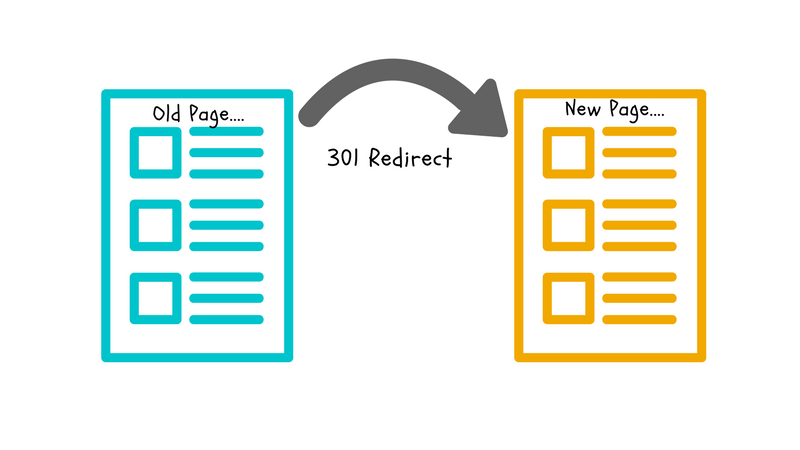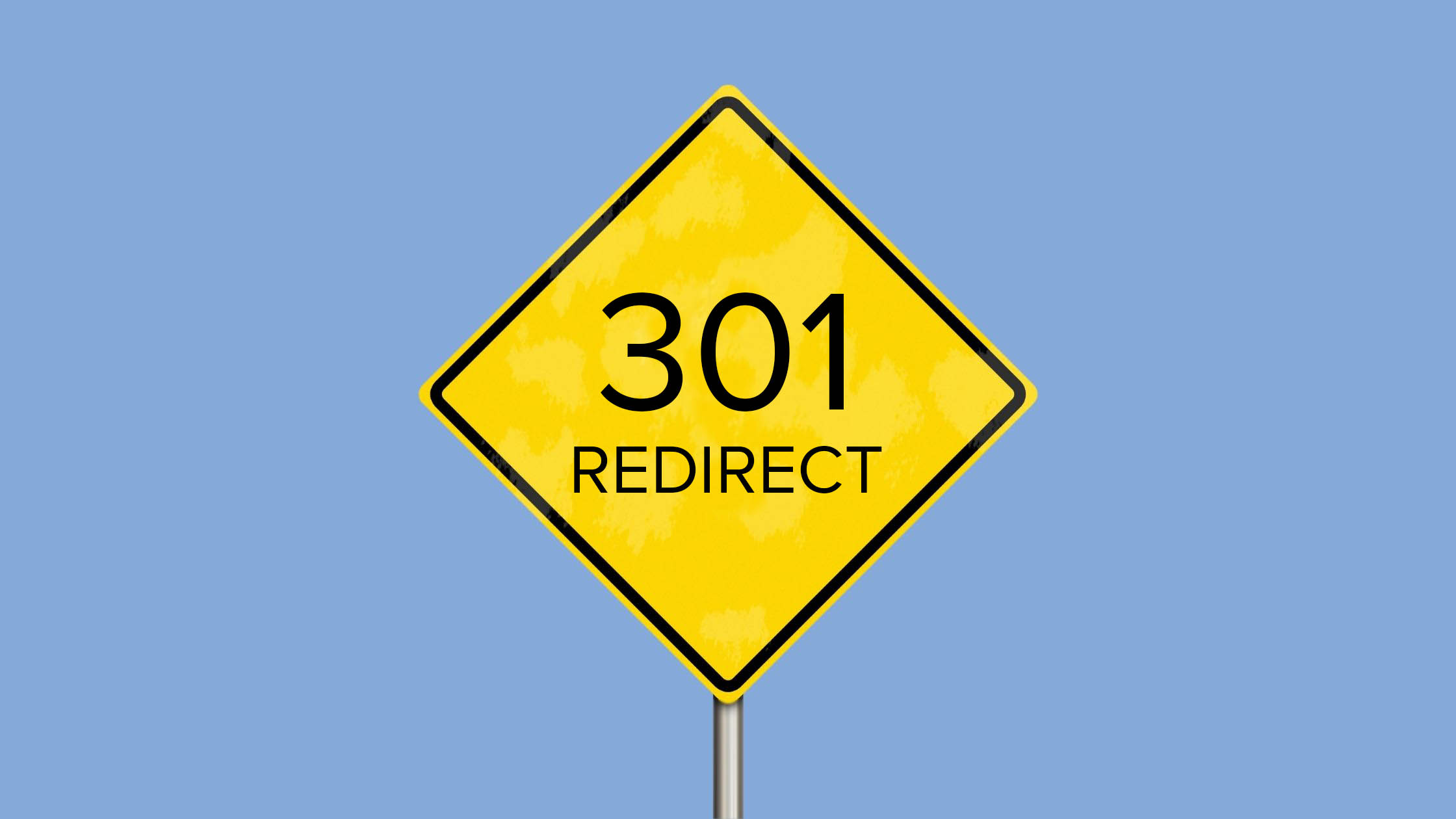Do 301 Redirects Hurt SEO – Straight-up Answer
Contents
The short answer to the questions many people ask: Do 301 Redirects Hurt SEO is basically no!
301 Redirects do not hurt SEO. However, like everything in life, there are nuances.
Common SEO Knowledge Duh!
Do 301 Redirects Hurt SEO – The Nitty Gritty

301 redirects do not inherently hurt SEO. In fact, they are an essential tool for managing your website effectively without losing the SEO value you’ve built up over time. When you permanently move a page from one URL to another, a 301 redirect ensures that visitors and search engines are directed to the new URL. This helps maintain your site’s search rankings and preserves most of the link juice (or ranking power) associated with the original URL.
Here’s how 301 redirects are beneficial when used correctly:
- Link Equity Preservation: Google confirms that a 301 redirect will pass along a significant majority (about 90-99%) of the ranking power from the old URL to the new one. This means that your SEO efforts remain largely intact.
- User Experience: By ensuring that there are no broken links on your website, 301 redirects enhance user experience. Visitors who click on an old link or bookmark are seamlessly redirected to the relevant new page instead of hitting a 404 error page. 404s suck!
- Avoiding Duplicate Content Issues: 301 redirects help you manage duplicate content on your site. For example, if you consolidate two similar pages into one, redirecting the old page to the new one helps avoid penalties for duplicate content. Duplicate content is definitely a pain.
For more on this check this post out!
While 301 Re-directing Be Aware

It’s important to use 301 redirects judiciously and manage them properly:
- Temporary Ranking Fluctuations: You might observe some short-term fluctuations in your search rankings after implementing a 301 redirect. Typically, this is temporary as search engines update their indexes.
- Redirect Chains and Loops: Avoid creating long chains of redirects (where one redirected URL points to another redirected URL, and so on). Also, avoid redirect loops (where a URL eventually redirects back to itself). These can confuse search engines and slow down your site, negatively impacting SEO.
- Loss of a Small Amount of Link Equity: While a 301 redirect does transfer most of the link equity to the new URL, there is a very small loss each time a redirect is implemented. This is generally negligible but should be considered in large-scale migrations or restructures.
Finally
In summary, Do 301 Redirects Hurt SEO, No!
However, you do need to implement them correctly, otherwise they will affect your site negatively. When you implement them correctly, 301 redirects play a crucial role in maintaining and managing your site’s structure and rankings effectively. They ensure that you can update your site architecture, merge content, or even move to a new domain. All without losing the SEO value you’ve worked hard to build.
